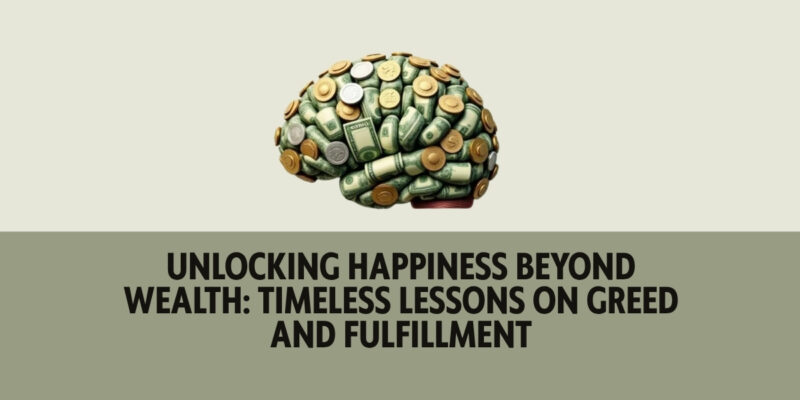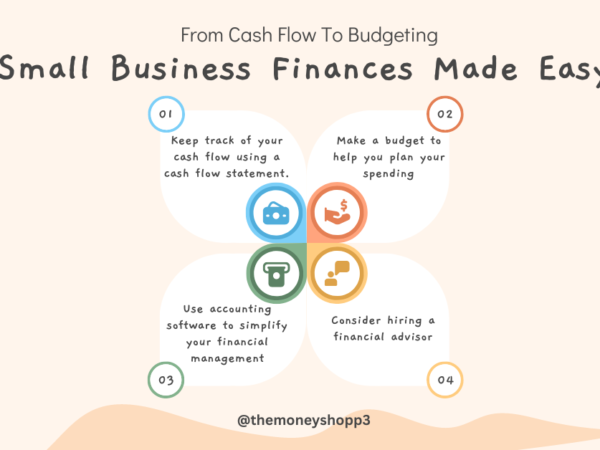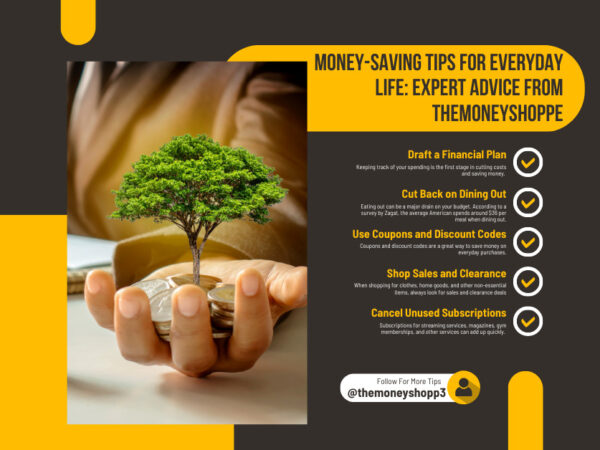
Numbers don’t lie: 48% of millionaires admit emotional spending sabotages their goals.* That shocks me. It reminds me that wealth isn’t just about numbers—it’s about behavior, mindset, and habit. Welcome! You’re about to dive into lessons that transcend balance sheets and hit at the core of human nature. Short bursts of insight. Deep reflection. Actionable steps. Why? Because mastering money isn’t about earning more—it’s about thinking better.
We’ll explore how greed can derail ambition, why chasing wealth can stifle joy, and how a shift in mindset can bring both security and satisfaction. I’ll also share proven tactics for making smarter choices—no fluff, no jargon—just real strategies. Plus, I’ll be endorsing a gem: The Psychology of Money by Morgan Housel. Whether you’re eyeing the Kindle version (psychology of money kindle) or flipping through the paperback, this isn’t just another psychology of money book. It’s a game‑changer.
Expect clarity. Expect challenge. Expect transformation. Let’s dive in.
1. Wealth Is a Marathon, Not a Sprint
Greed whispers, “Go faster, now.” But wealth is built daily—small, consistent wins. Automate savings before you spend. Invest to compound. Watch time work for you. That’s the framework that professionals live by—steady, disciplined, and outcome-focused.
2. Emotions Skew Financial Success
You’ve seen it: markets in a panic. That voice in your head? It loves to sell low, buy high. But smart investors don’t. As psychology of money review readers know, Housel explains how fear and ego sabotage millions. He’s right. Identify emotional triggers. Plan ahead. Control your impulses.
3. The Illusion of Fairness
Life isn’t fair. But wealth doesn’t wait for justice. Instead of chasing a level playing field, focus on your process: save, invest, and iterate. Use mental accounting—allocate funds for fun, safety, and investment. That clarity beats chasing illusory fairness.
4. Freedom Is the Best Currency
Research shows time freedom tops financial gain for most high achievers. Stop asking, “How much can I make?” Start asking, “How much freedom can I buy?” Here’s the tip: Build a buffer. Two months of expenses? Not enough. Three? Better. Six? Life-changing.
5. Expect Surprises—Build Resilience
Unexpected expenses—they happen. Greed says “double down,” but resilience says “buffer.” Create a rainy-day fund. Budget with wiggle room. Reassess quarterly. Things change: your career, your priorities, the market. And you need to flex.
6. Avoid Lifestyle Creep
Raise in salary? Good. Lifestyle creep? Dangerous. Keep spending in check—channel increases toward investments or experiences that boost happiness. Here’s what to do: “raise-rate” rule. Automate a set percentage of every raise straight into your investments. Grow habits faster than your house or car.
7. Social Comparison Is a Wealth Wrecker
Combining social media with financial aspirations is a toxic cocktail. You see someone’s vacation or new ride and feel behind. Stop. You don’t see their debt or stress. Instead, benchmark yourself against your own goals, not those of Joe on Instagram, 5 years ago.
8. Define Success on Your Terms
Money can buy options — but purpose matters more. Take the time (yes, time!) to clarify your “north star.” Then align your investments with your values. Want more family time? Build passive income. Love creativity? Invest in skills, not just stocks.
9. The Power of Compounding Behavior
We know compounding works for money—but it’s also true for habits. 1% better each day = 37x improvement in a year. That’s staggering. Apply micro‑changes: read 5 pages a day, walk 10 minutes, check finances weekly. These tiny wins fuel lasting wealth and happiness.
10. Stay Humble, Stay Curious
We talk about market gurus and billion-dollar deals. But real edge? Humble curiosity. Read widely. Ask questions. Challenge your assumptions. Revisit The Psychology of Money by Morgan Housel. Especially the chapter on how stories shape our financial beliefs—it blew me away. I rethought my approach to risk and reward. Trust me, it’s worth the hype.
Why The Psychology of Money Matters
This isn’t just another psychology of money book. In psychology of money kindle, you can search for chapters on behavior and decision-making in seconds. Many readers rave—psychology of money review ratings are high because Morgan Housel injects stories that stick. It’s not a textbook, it’s a mirror. He shows us how our minds trip us up—and how to steer clear.
Final Reflection
Wealth, greed, and happiness—they’re intertwined. But you can rewire the system. Redirect greed toward purposeful growth. Anchor wealth in freedom. Find happiness in small wins, not flashy symbols.
These timeless lessons? They’re your toolkit. Professional, human, real. You’ve got the framework. Now it’s on you. Need a deeper dive? Flip through The Psychology of Money by Morgan Housel. Kindle it or grab the review. Let his insight reinforce your journey.
Let’s walk this path together—with discipline, kindness, and intentional choices. Because the richest life isn’t just about money—it’s about meaning.













